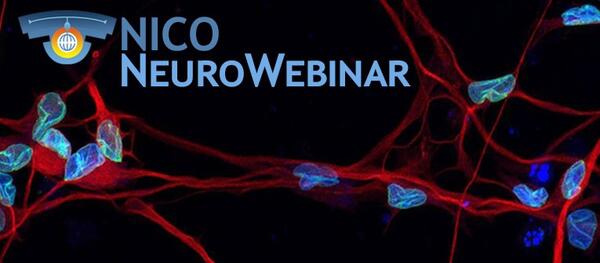Tuesday, 18th October - h 2:00 p.m.
Seminars Room, NICO
NGF and neuro-behavioural plasticity: coping with stress in mice, rats and parachutists
Prof. Enrico Alleva
Director, Section of Behavioural Neurosciences - Istituto Superiore di Sanità, Roma
Adjunct Professor of Ethology at "Sapienza" University of Rome
Since its first characterisation in the early fifties, the role of the polypeptidic protein NGF in controlling behaviour remained elusive. Ethological data on lab mice helped understanding its role at the brain and behavioural level, leading to the awarding of the Nobel Prize (1986) to neurobiologist Rita Levi-Montalcini. NGF function in subtly controlling dominance\subordination of mice (and adrenal gland size and morphology), and in a variety of social anxiety contexts of mammals has been described since then.
Further studies carried out on humans, showed that NGF is released in the bloodstream of parachutists at their first skydiving experience and among other cases in the case of ranking high on the Passionate Love Scale (amour fou). On-going epigenetic studies on adult NGF methylation upon early social experience in mice will be presented. In them, males reared since birth in 3-mother litters (a model mimicking the condition of communal nesting occurring in wild mice in nature) both display a more sophisticated competence in aggressive, territorial-type behavioural patterns and showed changed DNA epigenetics compared to mice reared in isolated clutches.
These considerations about the role exerted by the cooperation of behavioural and social neurobiological\physiological factors in structuring the dominant vs subordinate phenotypes may well apply to human conditions, when a context of uncertainty needs an adaptive coping responding.
Host: Alessandro Vercelli








